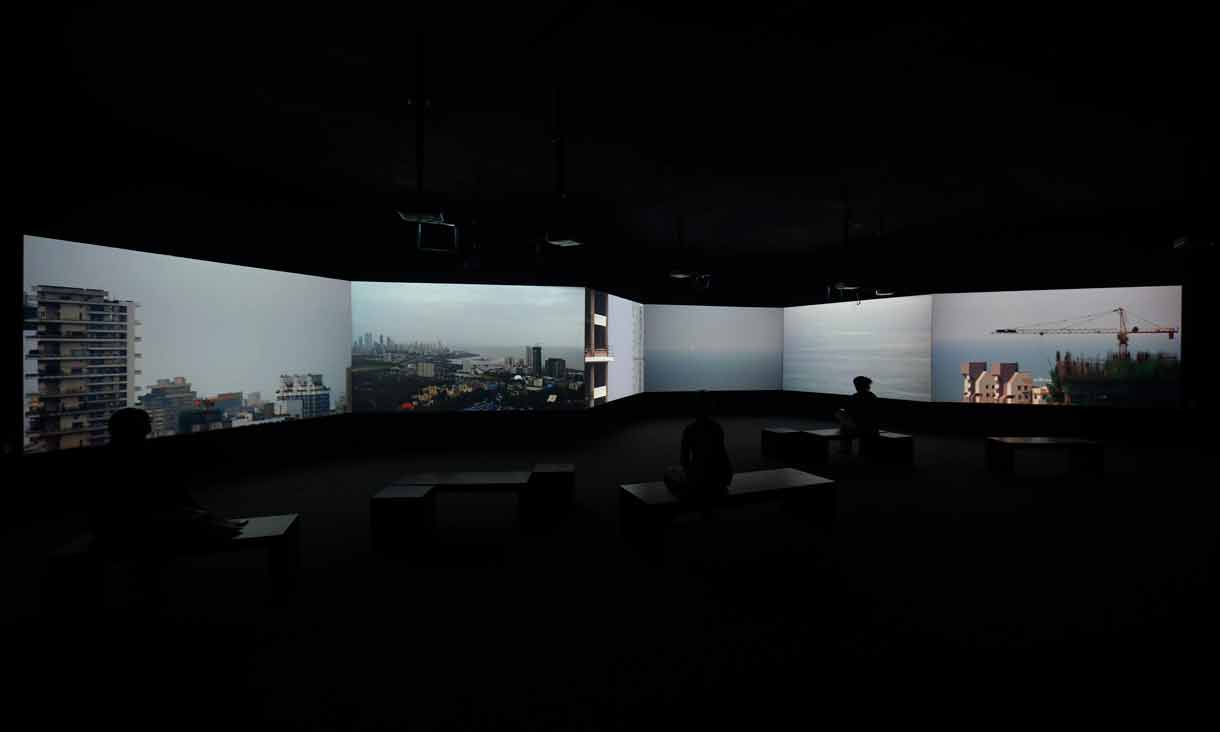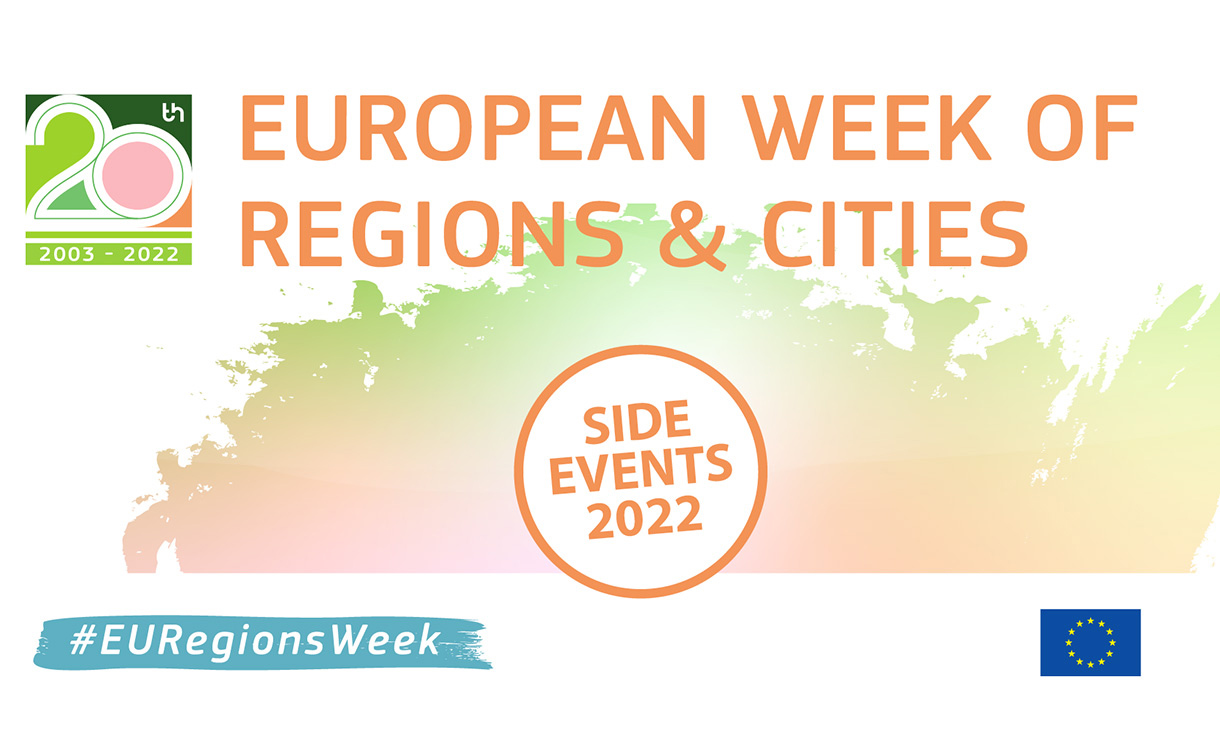
execute_photography
01 Mar 2024 - 04 May 2024

Wanderings About History – The Photography of Ulrich Wüst
01 Mar 2024 - 20 Apr 2024

To See is to Change
01 Mar 2024 - 27 Apr 2024

